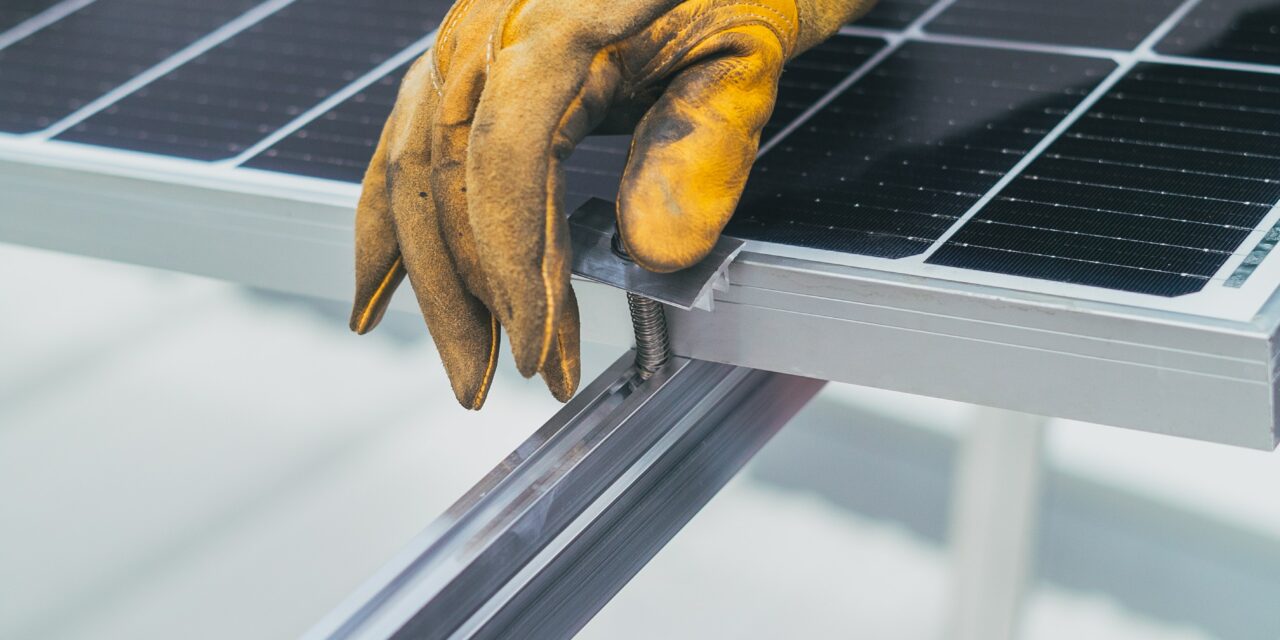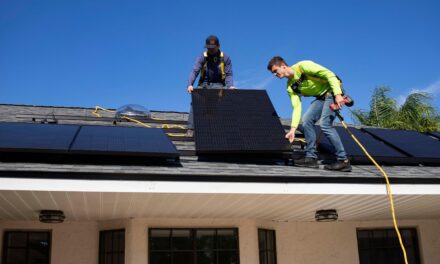New Zealand-wide power failures from an overextended grid, rising demand and bad weather can be reduced by encouraging household self-reliance through solar power, but first, regulation of the solar installation industry is sorely needed.
Cameron Dick, Managing Director of Vital Solar, said regulation is essential to encourage consumer trust and homeowners’ uptake of solar power.
“Solar power offers tremendous benefits, but the need for regulation in the industry is hindering its growth in New Zealand. Consumers can be left with substandard products, inadequate warranties, and poor installation by installers who do not have the proper education, support, and quality control.
“What we’re seeing is an influx of products not specifically designed for New Zealand’s unique climate and conditions,” says Dick. “Imported products without proper warranties do not serve Kiwi consumers.”
He says there is a need for legislation that enforces quality training, equipment, and expert planning in the industry. Specific regulations such as ASNZS 5033 (2021) for solar installation and ASNZ 5139 (2019) for battery standards must be cited in law (currently, we are cited to 5033 2012, which is no longer suitable for how the industry has developed).
“After having to rescue the level of shoddy work that we have had to, there’s no doubt that New Zealand is ten years behind in standards and education of installers and resellers) That is unacceptable for a constantly changing industry,” says Dick.
1. Consumer guarantees and accountability
Dick’s call for regulation also emphasises the need to hold salespeople accountable, implement product guarantees, and ensure installers are adequately trained to understand different solar scenarios.
“Choosing brands that have been around longer than the warranty they offer, such as 25 years, is essential,” says Dick. “Ask your salesperson how much they believe in what they’re selling, who’s installing it, and how they monitor quality.”
2. Encouraging residential uptake through incentives
Tax breaks or credits, such as the systems in the USA or Australia, could encourage the residential uptake of solar power. Lessons can be learned from initiatives like Kainga Ora, which has used solar power successfully.
“We need to encourage residential users to be more resilient. With so many good rooftops ready to go, we can reduce CO2 emissions and transition to 100% renewable energy much faster,” says Dick.
3. An election-year issue
Dick says this election year is a time to focus on individual household renewable energy. The difference in price points between quality and lower-level brands is narrowing, and now more than ever, it’s essential to think beyond warranties to create trust. It would be good to see the major parties adopt some of the smaller parties’ ideas around household renewable energy.
Dick says he is not pleading for an industry overhaul, just a vision for a sustainable future where New Zealand’s unique challenges are met with innovation, quality, and ethics.
“We can transform New Zealand’s energy landscape; we must need trust, greater responsibility and a real commitment to consumers and the environment,” says Dick.
“I dream of a New Zealand where every individual property is powered by renewables which can charge their vehicles and use home electricity wisely, so we all get that great feeling of being independent in how we use power while doing our bit for the environment.”
For more information, see https://vitalsolar.co.nz/













